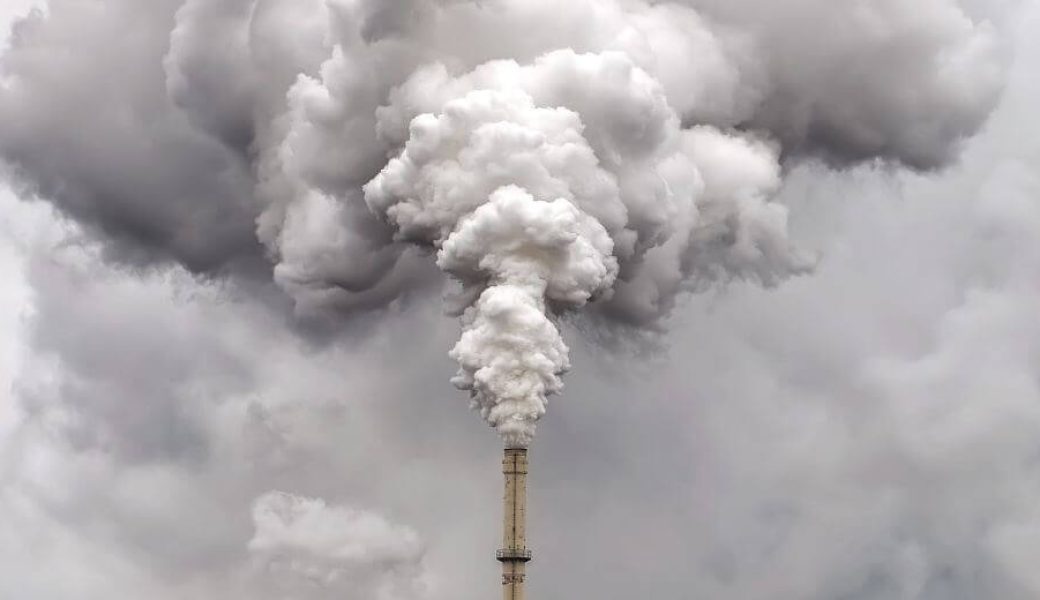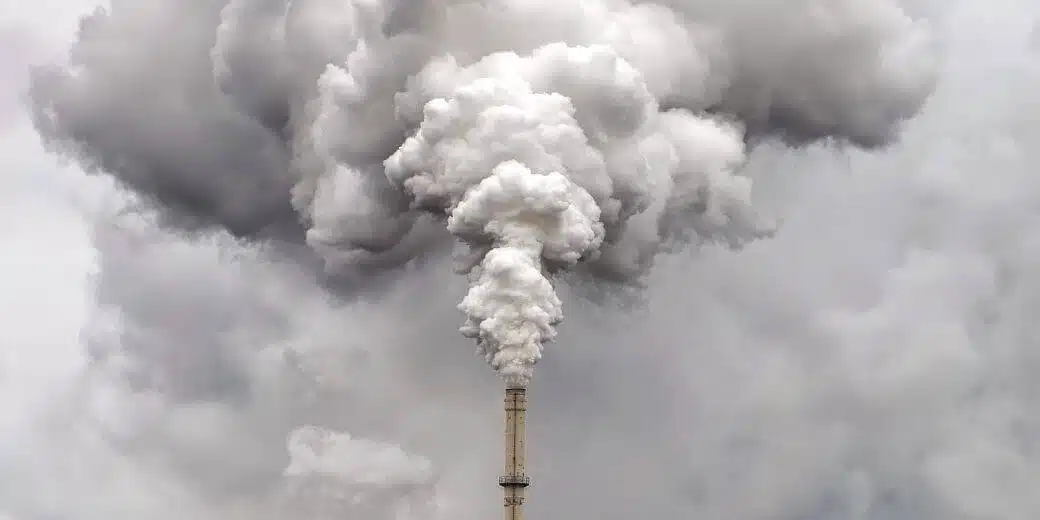Global asset management firm Fidelity International has become the newest corporation to commit to climate-change goals. Specifically, it supports decreasing greenhouse gas emissions from its portfolio by 50% by 2030. In a statement released on October 27th, the company also set deadlines for phasing out thermal coal exposure.
According to Fidelity’s global head of stewardship and sustainable investing Jenn-Hui Tan, the move reflects the company as a responsible investor. In Tans opinion, Fidelity needs to be able to understand the carbon footprint or output of each clients portfolio. As a result, the firm needs to work with these clients in order to align their initiatives with those of governments across the globe regarding a significant reduction in overall emissions.
Active stewards of capital
Last month, Fidelity introduced a new climate investment policy that will be engagement-led and will help align its long-term asset management strategies with a net-zero climate-friendly future.
The company hopes that this will go a long way in holding businesses accountable for their individual carbon footprints as well as ensuring that more transparent public markets will play a role in the decarbonization of commerce and industry worldwide.
Tan explains that since Fidelity invests in several leading companies globally, they want to be influential as active stewards of capital in helping realize the worlds climate goals.
Tan added that targeted engagement is critical when it comes to meeting specific emission goals.
Phasing out coal
Another key point made by Fidelity is their plan to reduce their exposure to any initiatives related to the thermal coal sector. These specifically involve clients within OECD nations. Fidelity aims to reduce their exposure within these countries by 2030 and its worldwide exposure by 2040.
According to Tan, immediately exiting Fidelity’s exposure to the thermal coal industry can significantly reduce any adverse impact, though this may not really make a difference with regard to the current amount of emissions in the world.
But Fidelity executives are quick to point out that the divestment of the company’s thermal coal investments is something of a last resort. The company will look into divesting individual companies that have shown little to no progress with regard to reducing their carbon footprints within a three-year period.
Tan, however, is quick to assure the public that Fidelity will be ready to adjust whenever necessary where climate change initiatives are concerned. The company will be reviewing its own climate-change targets regularly to ensure an immediate and relevant response to any developments that may arise.







